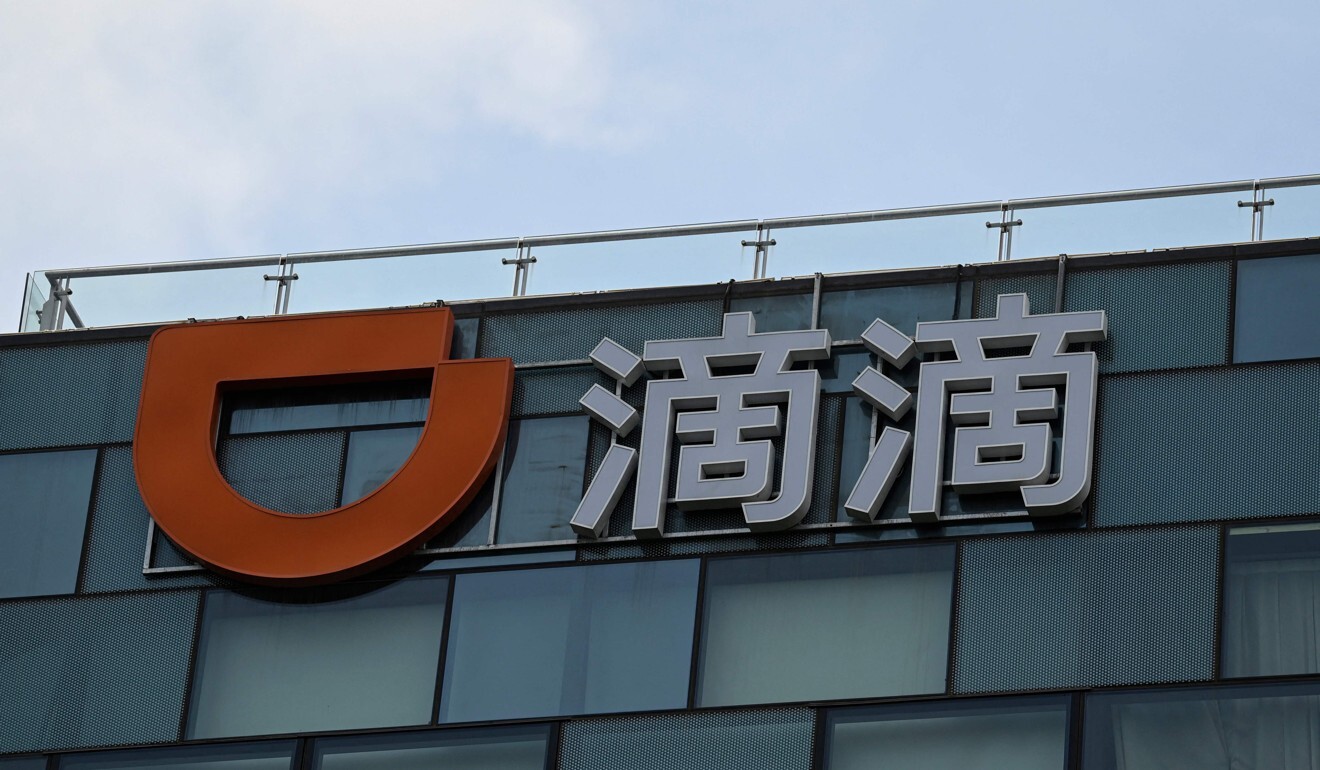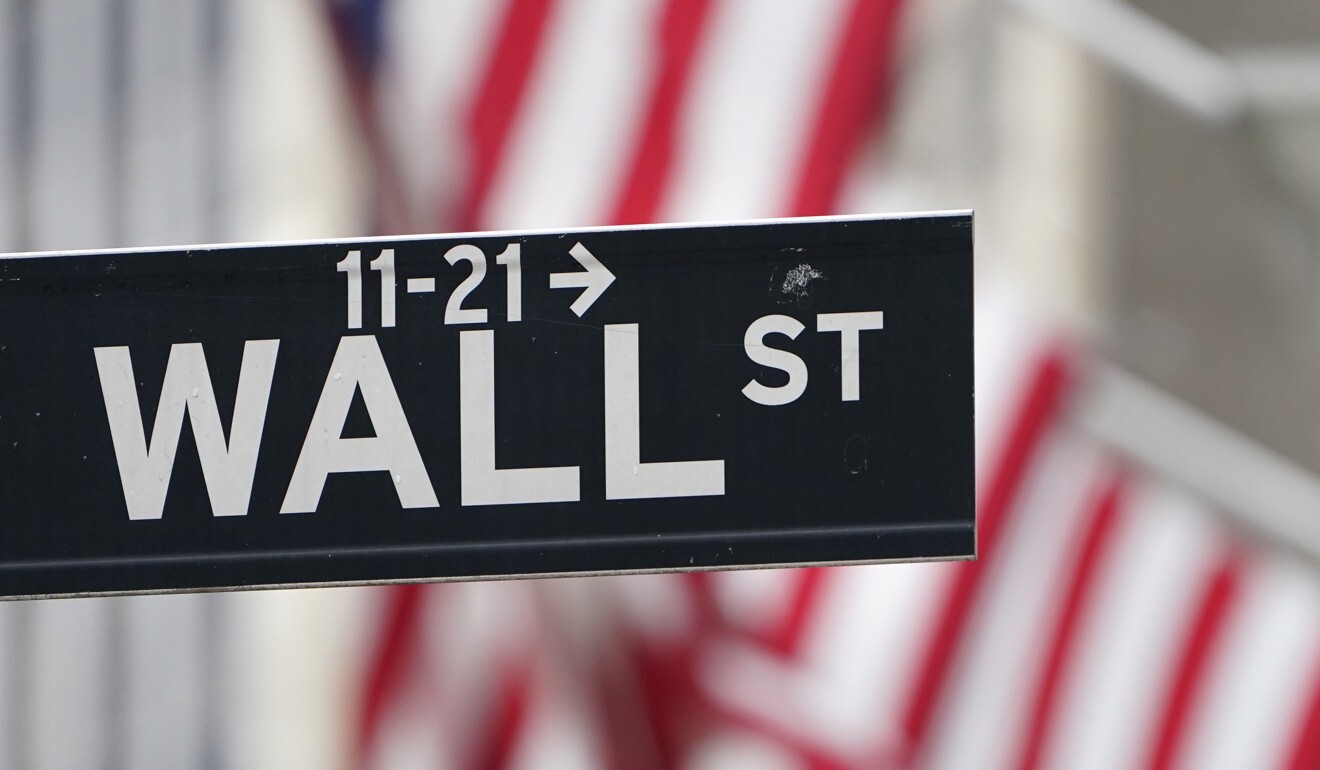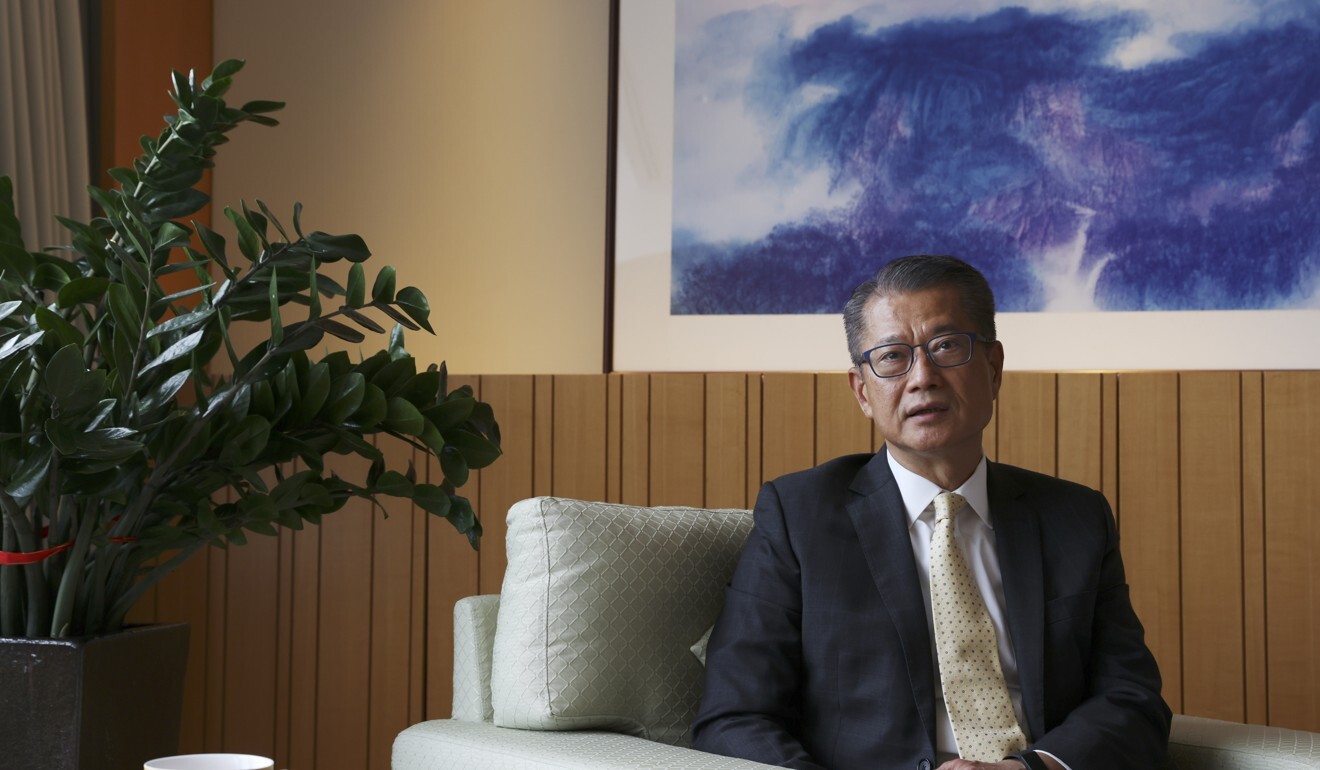
Exclusive | Paul Chan lays out why Hong Kong is ideal choice for mainland Chinese firms eyeing IPOs
- The companies will not suffer ‘sudden regulatory shocks’ if they choose to go public in the city, finance chief vows
- Mainland firms opting to list overseas can run into trouble over data security, but as Hong Kong is part of China, the issue is less of a concern here, he says
This is the fourth in a series of articles based on a wide-ranging Post interview with Financial Secretary Paul Chan Mo-po. Read part one here, part two here and part three here.
Chan was referring to possible effects of geopolitical risks at a time of strained relations between the United States and Hong Kong and Beijing.
In a wide-ranging interview with the Post on Wednesday, he highlighted the advantages to mainland companies that choose to list in Hong Kong.

“Being part of the same country, data security is not a concern,” he said. “We have very stringent requirements in terms of personal data privacy protection, so those tech companies coming here will be able to avoid the sudden regulatory shocks that they have seen in the past month.”
Earlier this year, New York-listed Chinese tech firms were told to comply with a new rule requiring accounting firms to allow US regulators to review the audits of overseas companies. Failure to comply could result in delisting.
But China’s domestic regulations ban Chinese businesses from giving foreign regulators access to their accounting documents without approval.
In the latest twist, Beijing’s internet watchdog the Chinese Cyberspace Administration announced this month that Chinese tech firms with more than a million users must undergo a cybersecurity review before they can get approval to list on a foreign stock exchange.
The move followed the watchdog’s high-profile inquiry into ride-hailing service provider Didi Chuxing on July 2 over national data security, just two days after its US$4.4 billion initial public offering, the largest by a Chinese company in New York since 2014.
China fears that leakage of Didi’s data, which includes travel records of civil servants, will threaten national security. One of Didi’s shareholders is Alibaba, which owns the Post.

Chan said: “For tech companies going to the US, there are regulatory concerns from the mainland perspective, particularly regarding data. Coming to Hong Kong, which is still one country, this is less of a concern.”
He pointed out that the city was also obliged to play its part in ensuring national security.
“If they come here, they have a secure environment to operate in and can continue with their successful business models,” he said.
Hong Kong has been attracting bigger initial public offerings. Although the number of firms listing in the city declined by almost a fifth to 58 so far this year compared with the same period last year, the proceeds more than doubled to US$21.2 billion from US$9.4 billion, according to data compiled by Refinitiv.
Nasdaq has attracted 181 offerings this year up until July 22, compared with 65 in the same period last year, for a 178 per cent increase, and proceeds of US$52.9 billion compared with US$20.9 billion.

“We are very positive about Hong Kong’s status as an international financial market,” Chan said. “Apart from IPOs, we are also working very hard on building our bond market, asset and wealth management, risk management businesses, sustainable and green finances.”
He revealed that local regulators, the Securities and Futures Commission and Hong Kong Exchanges and Clearing, would consult industry stakeholders soon over a Hong Kong version of a regulatory framework to allow the listing of special purpose acquisition companies or so-called blank-cheque firms to raise funds.
These companies use investors’ capital to build a war chest for buying assets, commonly unlisted firms within a specified time limit, usually two years. They have drawn interest from property tycoon Li Ka-shing’s youngest son Richard Li Tzar-kai, and New World Development’s third-generation heir Adrian Cheng Chi-kong.
The listing of these companies is popular on the Nasdaq, and Singapore is studying whether to allow them as well.

“We move with the times in terms of listing vehicles,” Chan said. “Let me assure you that in terms of regulated standards and vigilance, this will never be relaxed.”
Asked about the growing threat to the city’s financial hub status from Shanghai, Chan said Hong Kong still had its edge.
Earlier this month, China said it would halve the tax rates for qualified tech companies in Shanghai’s Pudong district and grant the local government more freedom to make its own laws and liberalise the capital markets.
But Chan pointed out how Hong Kong’s asset and wealth management services gained traction after the government rolled out measures including modernised fund structures and tax sweeteners.
“Tax rates are not the only tool in global competition,” he said. “In this highly competitive global market, one has to tailor-make incentives to attract the right kind of businesses and investors.”
Last year, Hong Kong saw 21 per cent growth in the amount of assets under management, to HK$34.93 trillion (US$4.5 trillion), from 2019’s level. With 48,000 workers, the industry also employed 6 per cent more people last year. There were 397 licensed corporations and registered institutions set up by mainland-related groups, 3 per cent more than in 2019.
By comparison, Singapore saw its pool of assets under management rise 17 per cent to S$4.7 trillion (US$3.5 trillion) over the same period.

